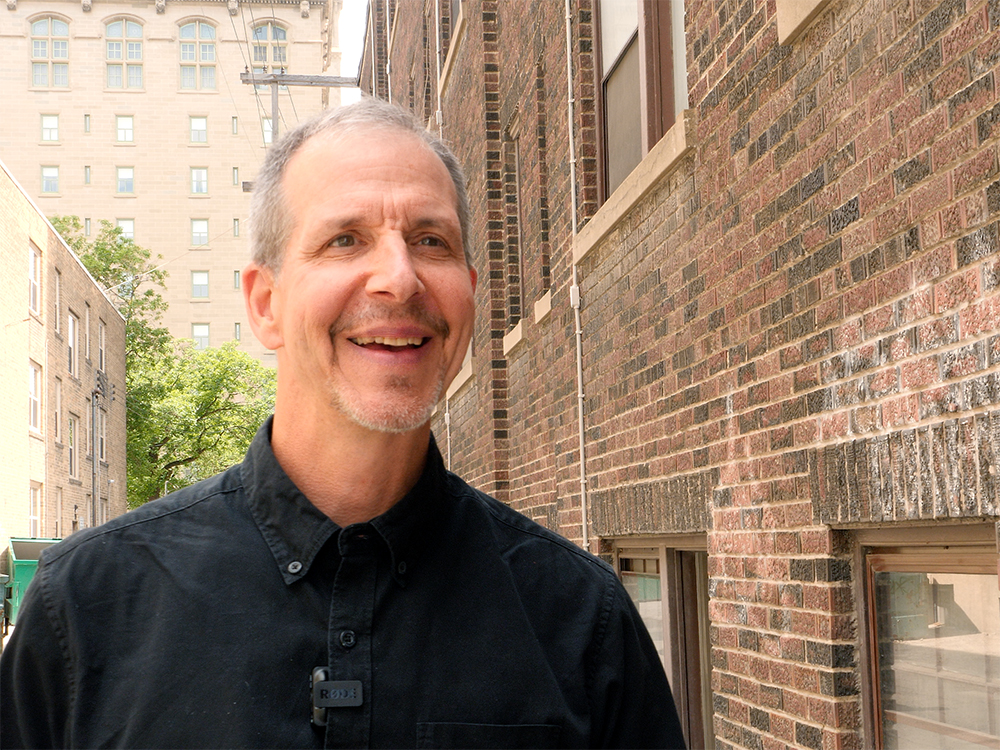
ICAN’s recent study tour of Canada allowed us to catch up with one of our favourite people on the planet, Professor Jerry Buckland.Jerryis the Professor of International Development Studies, Menno Simons College at the University of Winnipeg. We had the pleasure of first meeting Jerryin November 2016, when he stopped in Cairns as part of an international study tour of Australia and New Zealand, exploring developments in Financial Inclusion and Indigenous Natural Resource Partnerships. It was terrific to meet Jerry on his home turf and to find out about his latest research project, the “Canadian Financial Diaries”.
“Very little is known about household financial dynamics in Canada, as national aggregate statistics shed little light on the causes of financial instability and the financial habits of vulnerable people”, said Jerry. “The Financial Diaries will generate much needed aggregated data based on age, income, ethnicity and geography. Better knowledge is needed to advise better practice and policy.”
The research project uses a mixed methodology approach to provide a qualitative and quantitative view of the financial lives of vulnerable Canadians in a rapidly changing socio-economic context. Target participants are low or modest income earners, including those who work in causal employment, and those relying on social assistance.
There are three components to the project – data collection; dialogue with regulators and practitioners to advocate for policies and practices that promote financial empowerment; and in Phase 2, the innovation of a new app or curriculum, to boost the financial capability and outcomes of vulnerable Canadians.
Researchers engaged in a 12 month, in-depth exploration, where 30 participants recorded daily information about their finances, such as their inflow and outflow, their spending habits, and income. Participants also attended interactive meetings with the researchers on a weekly or bi-weekly basis to discuss their challenges, or to complete additional surveys such as how they were using their tax refund, or their financial wellbeing and literacy. The meetings offered the chance for some interesting conversations and allowed researchers to gain a better understanding of the financial lives of participants. Focus group discussions also allowed researchers to hear from the group collectively, about how their financial challenges could be addressed through changed practice or policy.
“When working with low-income people, it’s important to consider that different people operate in different contexts, so in a vulnerability context, there are characteristics that make a person more susceptible to economic shocks, and some cases, it may impact their ability to cope. Issues like education, employment, social capital, income, and English skills, all play a part, as well as the choices they make and the context in which they make those choices. Things like social capital, searching for work (or not), learning new skills, spending habits, and thinking ahead, are all the different kinds of behaviours that we’re seeing our participants engage in.” said Jerry.
The last of the Finance Diary participants will graduate in October 2019, with the goal to begin Phase 1 analysis by the end of 2019.
“The state of the project is still in its early period. There’s a lot more that we will be able to share, but right now we’re in the very early stages.”
Thanks Jerry, we can’t wait!
Go to https://financialdiariesca.wordpress.com if you’d like to follow this important international research.